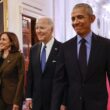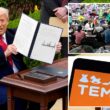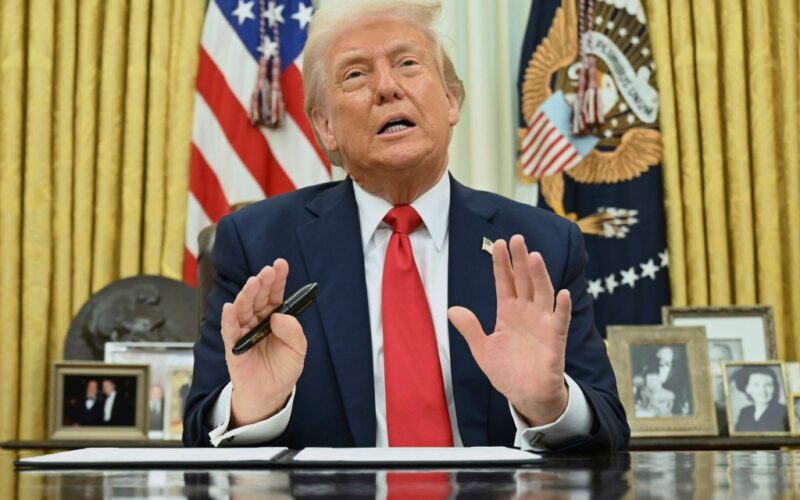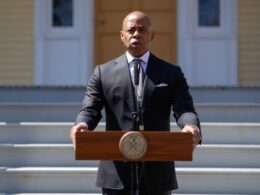Today is the day that Donald Trump has ludicrously termed “Liberation Day,” i.e. the day that he plans to impose tariffs of 20% on most goods imported into the United States. The main thing Americans will be liberated from is their hard-earned cash, as all sorts of products become far more expensive overnight, though we don’t yet know all the specifics given that Trump’s been cagey about them.
If there’s one thing that’s very destructive for economic planning and markets, it’s uncertainty, which there already has been plenty of as Trump delayed, imposed and narrowed tariffs on Mexico and Canada while enacting heavier ones on China. The reason the normally impulsive Trump has been so tentative and back-and-forth with tariffs, which his administration has been all over the place on for months, is that even his own true believers know that this is an economic landmine.
Trump painted himself into a corner by making tariffs a centerpiece of his presidential campaign — arguably his only real policy plank, aside from the also-ruinous agenda of mass deportation — and now he feels like must follow through.
There is certainly a good amount of well-meaning and well-established political criticism of free trade policies and programs, from both the right and the left. It is a real concern that swaths of U.S. manufacturing have collapsed under the weight of cheap imports from countries with much worse standards for worker and environmental protections.
Domestic production can be augmented with regulatory incentives and direct investment — as was the case with the Inflation Reduction and CHIPS Acts, Joe Biden achievements that Trump denigrated even as they represented the most significant pro-American manufacturing policies in generations — and, reasonable people can argue, with tailored trade policy.
But “Liberation Day,” is not a tailored trade policy. Whatever specifically results today, it will most likely be haphazard, across-the-board tariffs intended to make Trump look tough, at least in his view. In reality, the rest of the world will look on in a mixture of bemusement — despots like Russia’s Vladimir Putin and North Korea’s Kim Jong Un, already somewhat isolated from portions of global trade, will no doubt delight to see the U.S. inflicting this on itself — horror and anger.
A mixture of verbal antagonism, military alliance skepticism and trade threats already have longtime allies like Canada planning on how they could write the U.S. off as a global partner, regardless of whether and what tariffs actually come down. Actually embarking down this road will only make things worse, imperiling not just the U.S. but the global economy.
Maybe Trump genuinely believes that the United States can “win” a trade war, that tariffs really can raise enough revenue to fund the federal government and that global trade is somehow making the nation into a sucker. Nearly six decades out from his classes as a Wharton undergrad, the president has never shown himself to be a particularly sophisticated economic thinker.
Yet all the financiers and economic elites that he surrounds himself with should at the very least know better and steer the famously impressionable leader off course. Otherwise, we may end this week with far higher prices, angrier allies, a less stable global market, weaker dollar and diminished sales for U.S. businesses facing global retaliatory actions.








